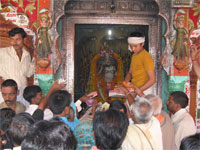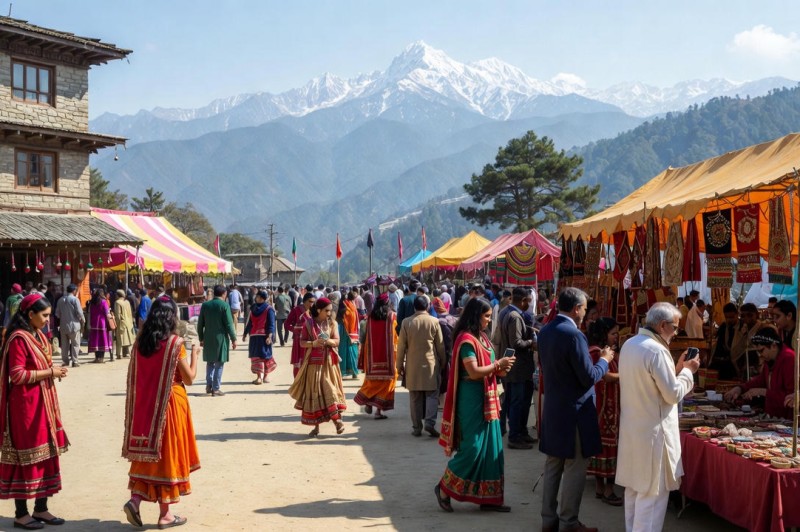

Ganesh Chaturthi or tilkut chauth fast is a festival famous to Hindus. This fast is famous by many names, such as Sakat Chauth, Sankat Chauth , Tilakut Chauth etc. Every month there are two Chaturthi dates. In one Shukla Paksha which is called Vinayaki Chaturthi, in another Krishna Paksha, it is called Sankashti Chaturthi. Sankashti means one who defeats crises. Lord Ganesha is considered as the God who can defeat the crisis. Hence women observe this fast for the longevity and happy life of their sons and all the distress of husband also goes away. On this day, women perform Lord Ganesha Puja with the Vidhi Vidhan and enjoy Sesame ladoos because Lord Ganesha loves laddus.
Sakat Chauth is primarily dedicated to Lord Ganesha, the remover of obstacles and the god of wisdom and prosperity. It's observed to seek the blessings of Lord Ganesha for the well-being and prosperity of family members.
Sakat Chauth is not just a religious observance but also reflects the cultural fabric of India. Families come together, and there's a sense of unity and celebration within communities. It's a time for sharing traditions, preparing traditional meals, and reinforcing familial bonds.
While Sakat Chauth is primarily observed in North India, the customs and rituals might vary from region to region. Different communities have unique ways of celebrating this auspicious day, adding to the rich tapestry of Indian culture.
Conclusion : Sakat Chauth is more than a religious observance; it's a celebration of faith, family, and tradition. It symbolizes the pursuit of divine blessings for the well-being and prosperity of loved ones. With its rituals, stories, and shared moments, Sakat Chauth stands as a testament to the cultural richness and spiritual fervor that define India's festive landscape.
Sakat Chauth Vrat is on Tuesday, 06 January 2026.